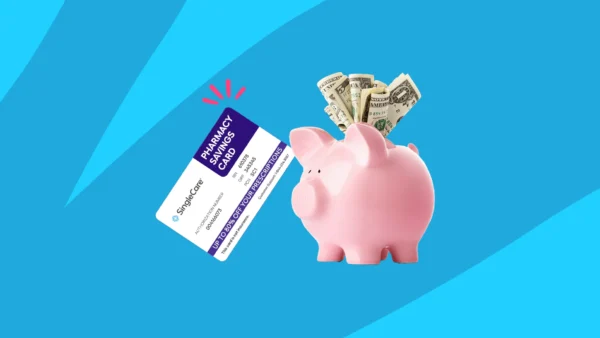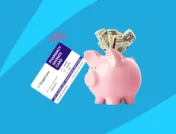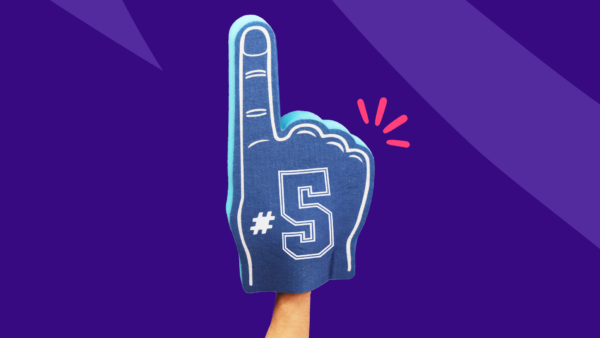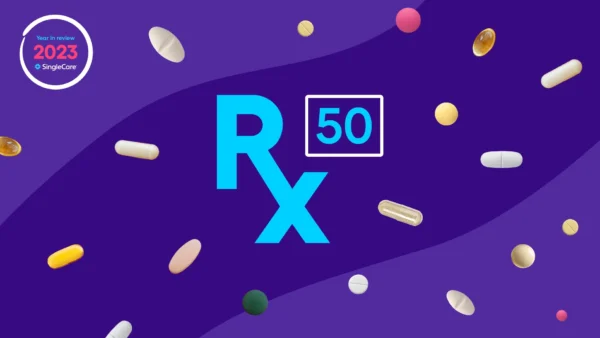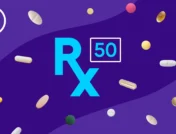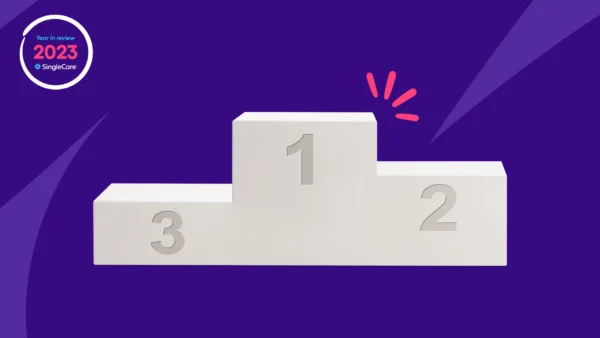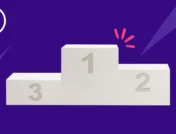When you use SingleCare to save on your prescriptions, you’re choosing to use our savings instead of your insurance. It’s considered an out-of-network, out-of-pocket, or cash purchase by your insurance company. But, you might be eligible to be reimbursed, if you’re willing to do a little paperwork.
Using a SingleCare coupon can help you afford medication if you have a high deductible plan, if your insurance doesn’t cover a medication, or if our price is lower than your copay for the treatment. But it’s important to note that this process is different from what is called “split billing,” which is using two different insurance plans, because SingleCare is not insurance.
The drawback is: That medication purchase doesn’t automatically count toward your deductible when you use SingleCare. Meaning, it doesn’t get you closer to your costs being covered—by your insurance, or if you’re in the Medicare donut hole.
There may be a way to do both, to save with SingleCare, and make progress toward a deductible, but it’s not guaranteed. Most major insurance companies have a prescription reimbursement request process. In other words, you can ask to be paid back when you pay for medication. Depending on your insurance plan, the insurance company may reimburse you for the medication or apply the cost of the drug to your deductible.
RELATED: 5 health services to do after you’ve met your deductible
How do I get reimbursed for a prescription?
Whether an insurance company will reimburse you for a prescription will depend on their policies. Most health insurance plans will reimburse you for a prescription if you:
- Used a non-participating pharmacy
- Paid for a compound prescription
- Were waiting for a drug approval
- Didn’t have your insurance card
- Purchased medication outside the U.S.
- Were billed incorrectly by the pharmacy
You can also tell your insurance company that the price with SingleCare was cheaper than the cost with insurance. You may be eligible for reimbursement even if you receive prescription benefits through Medicare or Medicaid.
To apply for a health insurance reimbursement, simply:
- Fill out the prescription reimbursement form.
- Attach the pharmacy receipt for the prescription. (Make sure to make a copy for your records.)
- Send the receipt and form to your insurance company, using the instructions on the form.
Most insurance companies require that you send requests for reimbursement within a certain time period after filling your prescription. Then, wait and see.
Insurance policies vary, and your results may differ depending on the agent who processes your claim. Your insurance may decline to reimburse you. Or, the company might apply your payment to your deductible, contact you for more information, or repay you. Even if you don’t get money back, you can rest easy knowing you spent less with SingleCare than you would have out-of-pocket.




